Rare interview: PM hopes to claw out deal with TTP
Nawaz says some elements want to sabotage the process, calls them enemies of peace.
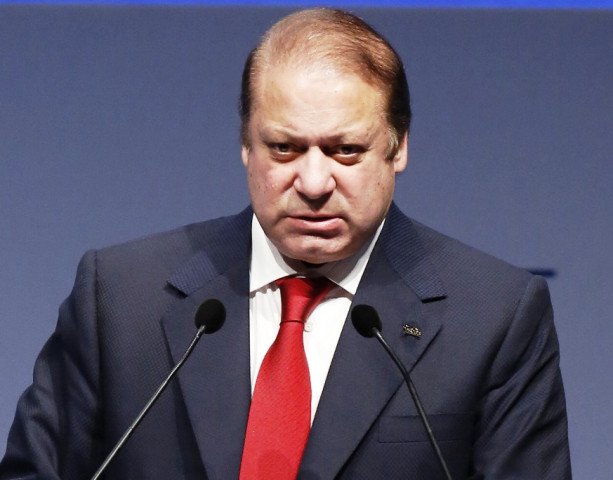
Had there been no martial law, there would have been no law and order situation in Pakistan. Pakistan had been peaceful during democratic govt, said PM Nawaz Sharif. PHOTO: REUTERS/FILE
Weeks after the Tehreek-e-Taliban Pakistan (TTP) ended its 40-day ceasefire amid floundering peace initiatives by the government, Prime Minister Nawaz Sharif held out the hope that “negotiations with the Taliban could succeed”.
In a rare interview with BBC Urdu in London, the prime minister said some elements were not happy with the cessation of hostilities. “They are neither our well wishers nor, perhaps, are they the Taliban’s. They want to sabotage the process. They are enemies of peace,” the premier said.
Nawaz said that he believed his dialogue strategy could “bring peace without any further bloodshed”. “If we can make this process somehow successful, I think it will be the best option,” he added.
The negotiations have made little headway since February. Negotiators from both sides have been haggling over the date and venue of a second round of face-to-face talks. In the meantime the government is upset over what Interior Minister Chaudhry Nisar Ali Khan said ‘double speak’ and ‘unnecessary rhetoric’ of the TTP intermediaries.
Some people in Pakistan are worried the talks will allow the militants time to regroup. And observers doubt the militants are willing to respect the Constitution.
But Nawaz told the BBC that the militants had to respect the Constitution and lay down their arms. “This, of course, is the number one condition that has to be met. “We are making progress on these issues. Let us see if the next round of meetings is successful and we can find a way to make headway in the talks we are holding with each other.”

The prime minister said it would take two or three more meetings for the two sides to know “how sincere we are with each other and how the talks are progressing”. He added that security had improved while the talks have been under way.
Nawaz blamed the military rule for the volatile security situation in the country which, according to him, started after the Sept 9, 2001 terrorist attacks in the United States. “Had there been no martial law, there would have been no law and order situation in Pakistan. Pakistan had been peaceful during democratic governments,” he added.
In the past military dictators sidelined genuine politicians and promoted such quasi-politicians who were least concerned about democracy which resulted in “what we are suffering today”, he said. “This [issue of militancy] is the result of our own mistakes.”
Referring to a recent statement of army chief General Raheel Sharif, the premier said that the army chief has rightly said that the Constitution is supreme and everyone should respect the Constitution. “The army chief’s statement has cleared many ambiguities,” he added.
Referring to the gun attack on TV anchor Hamid Mir and the subsequent slur campaign of Geo TV against the ISI, the premier said that it was wrong to jump to conclusions. “We should not speculate until all the facts transpire. We should wait for the findings of the judicial commission. It will become clear who is responsible,” he said.

The prime minister admitted that nothing was done in the past to make amends for injustices done to the people of Balochistan. “The incumbent [provincial] government is the true representative of the Balochistan people. And I’ve asked Chief Minister Abdul Malik Baloch to initiative talks with all Baloch groups and bring them into the political mainstream,” he said.
“We will ensure the supply of natural gas to every city of Balochistan. We’ll lay a network of roads in the province. People will see unprecedented development work during these five years. We’ll address the sense of deprivation of the Baloch people. And those who did injustice with them will have to face the consequences.
Asked about his foreign policy priorities, the prime minister said that his government wants to have good neighbourly relations with both India and Afghanistan. “I’ve very good terms with President Hamid Karzai. And whoever is elected to power in the ongoing elections in India, we’ll have to improve relations with them,” he added.
He said that his government wanted to revive the pre-1999 era when then Indian prime minister Atal Behari Vajpayee visited Pakistan. “We want to improve trade relations with them. We want to ease visa restrictions. We want to import electricity from India. And we want to resolve all issues, including Kashmir.”
About his upcoming trip to Tehran, the premier said that it was aimed at further enhancing historic ties with the Islamic republic. All issues, including gas import, bilateral trade and border matters would be discussed during the visit.
About the chronic energy crisis that leads to violent protests every summer, he said that 23,000 megawatt projects had been set up in the country during the last 65 years. “But in the next six months we aim to generate an additional 21,000 megawatts of electricity. This will be a huge leap,” he said.
Published in The Express Tribune, May 6th, 2014.

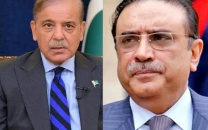
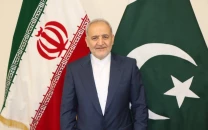

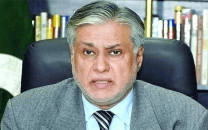
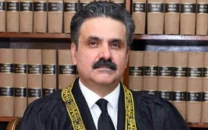

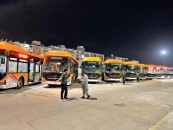

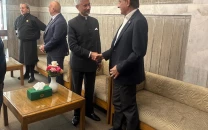

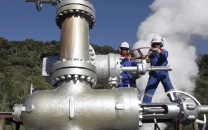
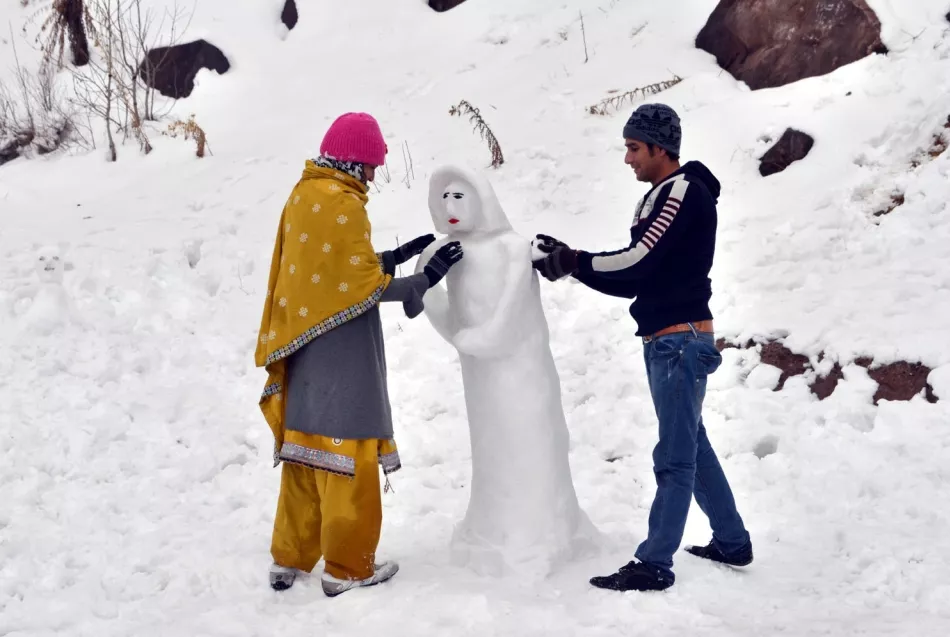






COMMENTS
Comments are moderated and generally will be posted if they are on-topic and not abusive.
For more information, please see our Comments FAQ